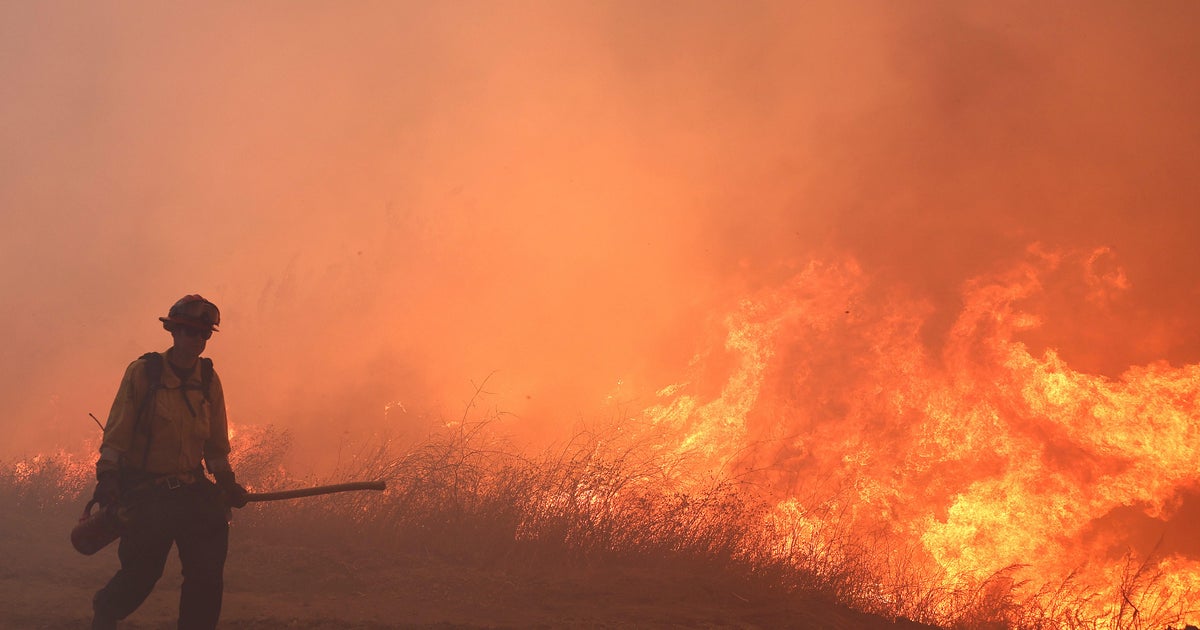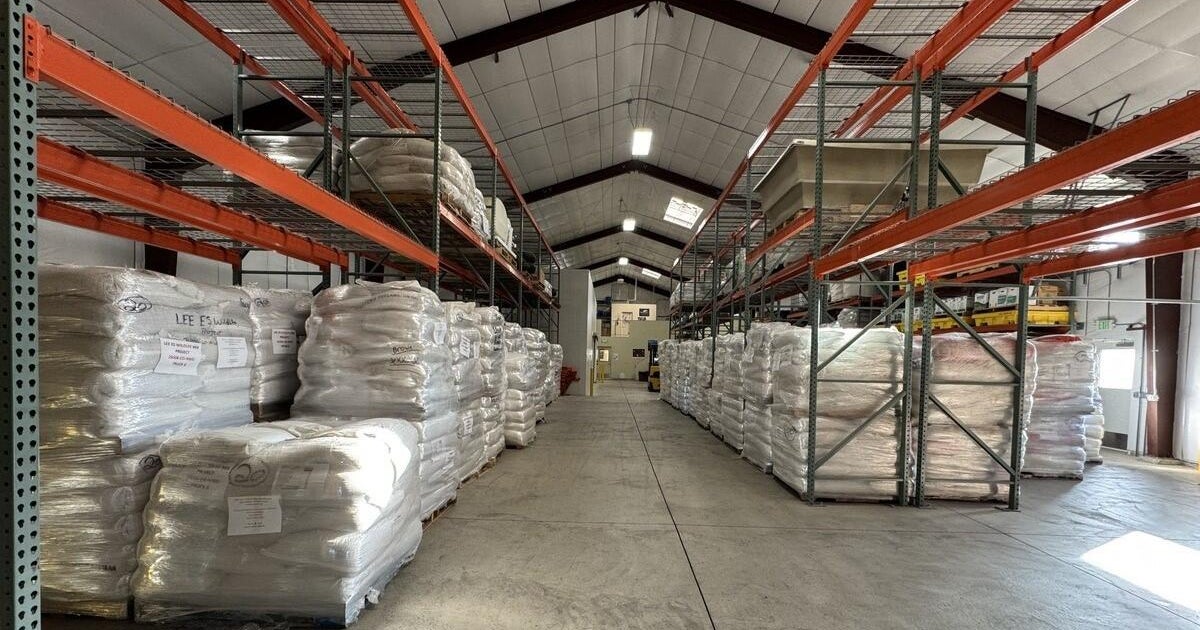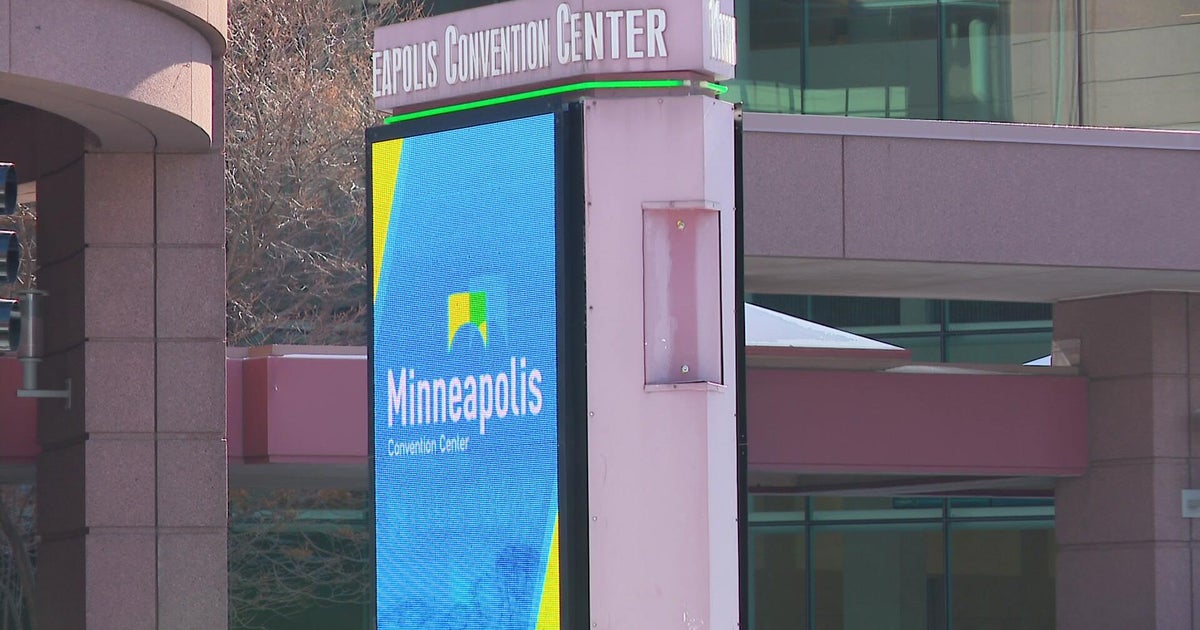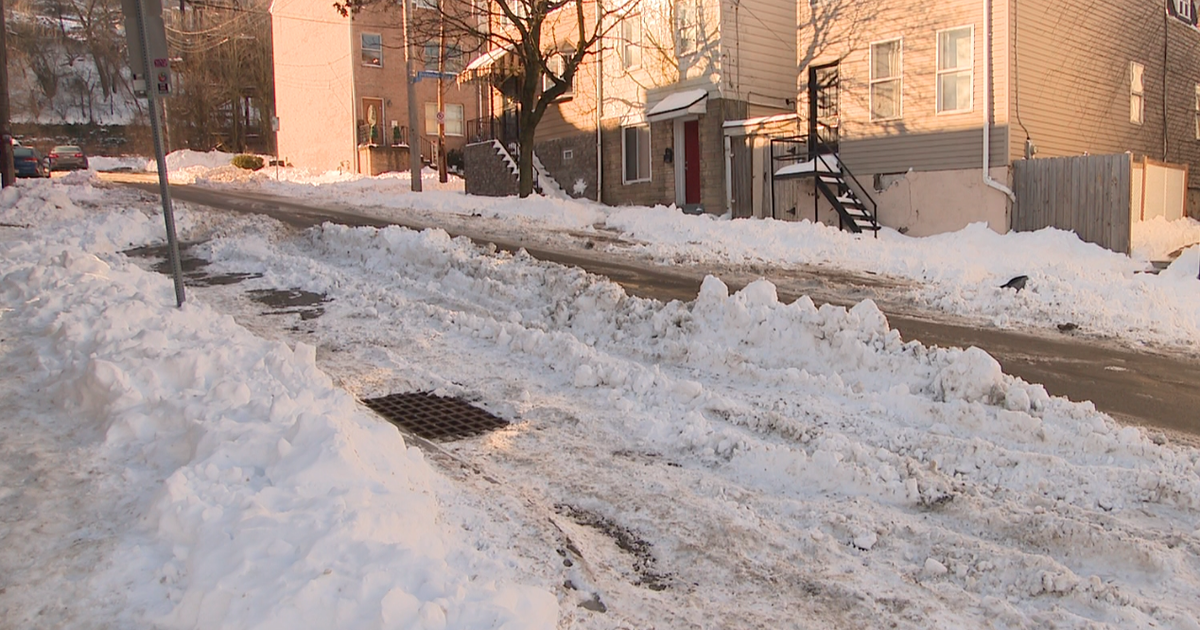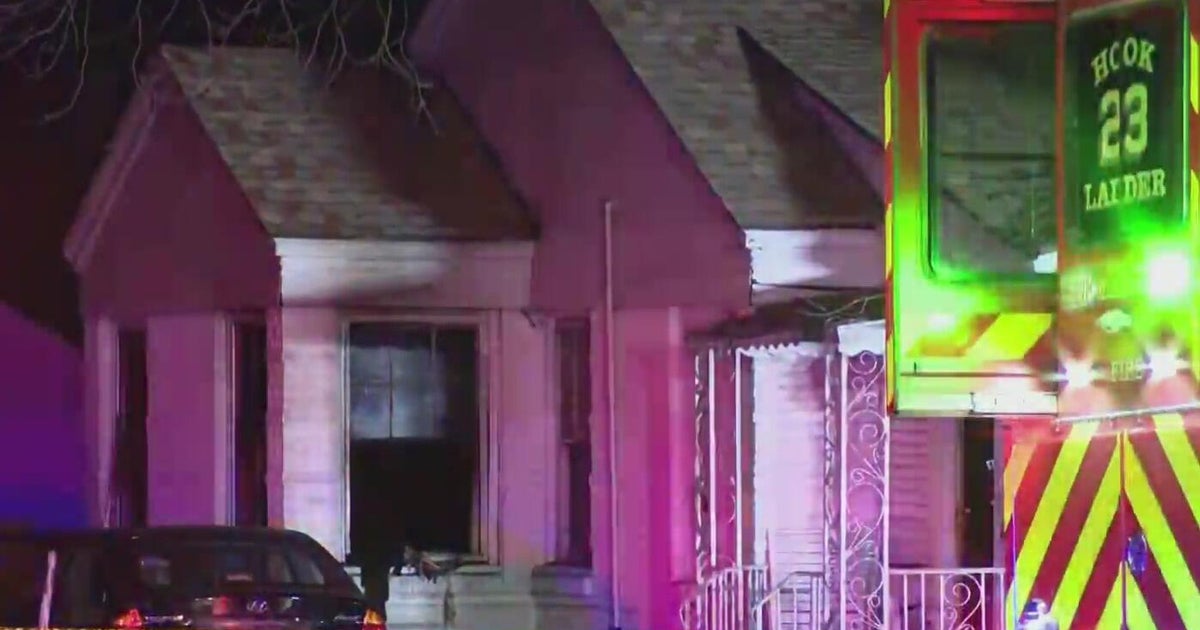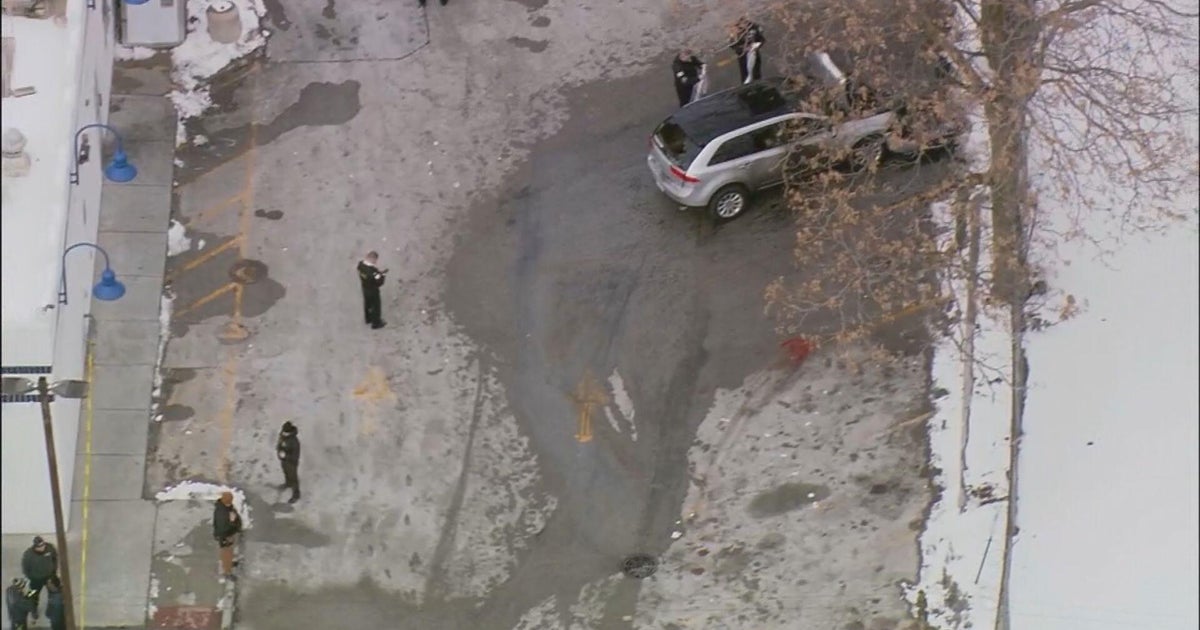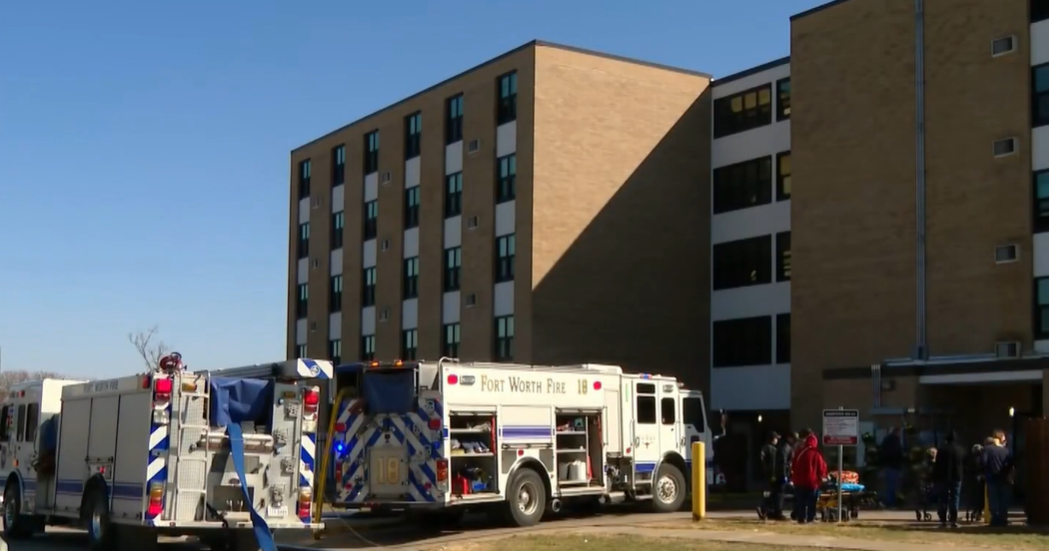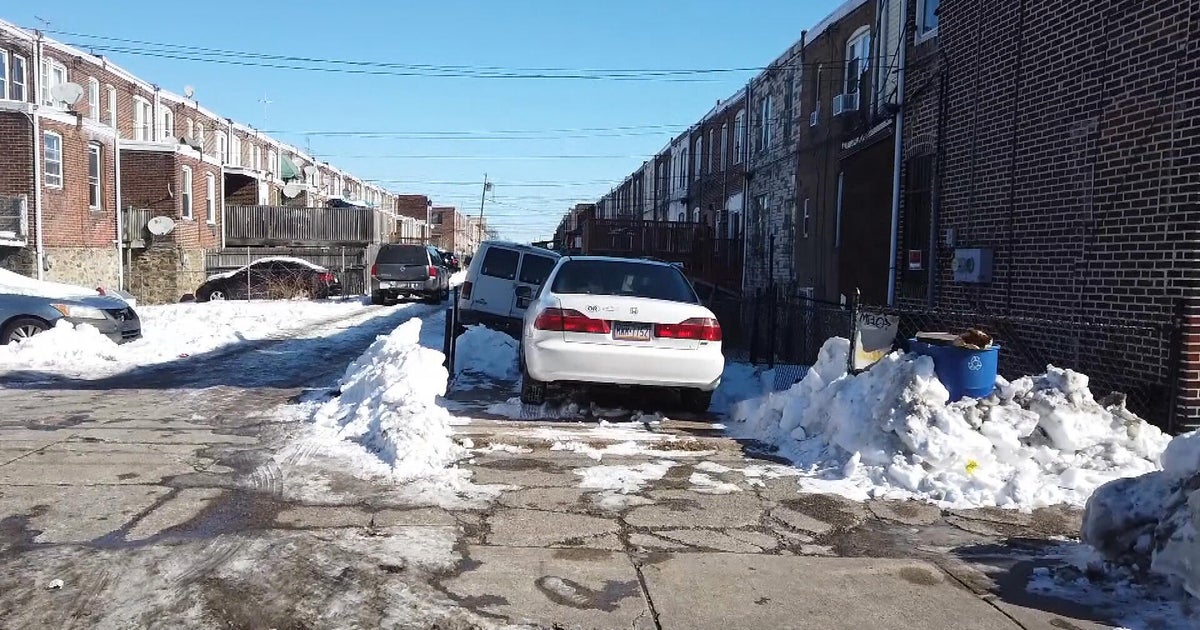How to protect yourself from wildfire smoke in the Northeast
BOSTON - As the smoky haze from Canadian wildfires left Boston and enveloped New York City, flights were delayed or canceled, a Yankee game postponed, and people reported feeling sick from inhaling the fumes.
WBZ Chief Meteorologist Eric Fisher warns that this early wildfire smoke is an indication that more fire lies ahead this year.
"It is really early. In Canada, they've already burned more acres than they usually burn through an entire season through November, and their wildfire season usually gets going in July," Fisher explained. "Which says we are probably just going to be seeing a lot more smoke...and we aren't just dealing with Canada smoke, we get it in the western United States too."
Medical professionals like Dr. Kristina Orio, Chief Medical Officer at AFC Urgent Care, warn that the smoke could have serious health effects. "So, it's surprisingly dangerous to have this level of particulate matter in the air," she told WBZ. "And it's dangerous not only for high-risk groups, but low risk folks as well."
At AFC Urgent Care, she said, "we're seeing a lot of patients coming in for asthma treatment, for chest pain, and it may be linked to what's going on in the environment. So do seek medical attention if you feel like your symptoms are severe."
With the anticipation of more smoky days in the Northeast this summer and fall, there are ways to protect yourself:
1. Stay inside on smoky days, especially if you are high risk.
2. Avoid vigorous outdoor activity.
3. Buy an air filter if you are able.
4. Wear a high-quality mask when outside.
5. If you have asthma, have a plan of action and make sure you have your inhaler on hand.
Dr. Orio says the peak danger is in the first hour of exposure. "The reality is that, having a high level of pollutants in the air, because those pollutants are so very small, they can get into your bloodstream and get into the lower lung passages," she explained. "And when that happens you can have a problem very quickly. You can have an asthma attack; you can actually have an acute coronary syndrome or a heart attack within the first hour."

